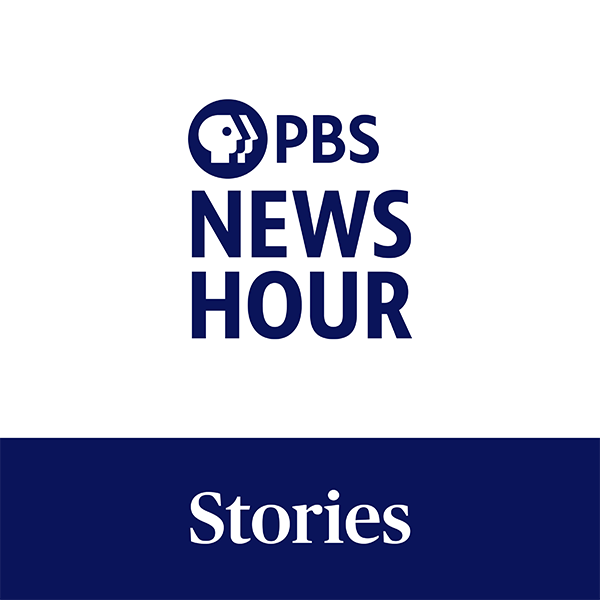How the GOP’s proposed Medicaid cuts could affect millions of family caregivers
PBS News Hour - Segments
PBS NewsHour
4 • 1K Ratings
🗓️ 24 May 2025
⏱️ 5 minutes
🧾️ Download transcript
Summary
Transcript
Click on a timestamp to play from that location
| 0:00.0 | Good evening. I'm John Yang. As Congress's Memorial Day recess gets underway, House Republicans |
| 0:06.1 | are catching their breaths after narrowly passing the multi-trillion dollar bill advancing |
| 0:11.2 | President Trump's domestic agenda, and Senate Republicans are preparing for the battles ahead |
| 0:16.2 | when they consider the measure next month. One item that's sure to be debated in the Senate is the House bill's $700 billion in |
| 0:24.2 | savings in Medicaid, the nation's biggest health insurance program, especially the strict |
| 0:29.7 | work requirement. |
| 0:31.4 | Jason Resendez is the president and CEO of the National Alliance for Caregiving, a coalition |
| 0:36.5 | of organizations that advocates for the estimated 53 million Americans who serve as caregivers for loved ones. |
| 0:43.4 | Jason, I think people think of Medicaid. They think of people going to the doctor. |
| 0:47.7 | But explain to us how it benefits or how the family caregivers are supported by this? |
| 0:55.0 | Absolutely. Medicaid is a lifeline for millions of family caregivers who provide ongoing, demanding care for aging Americans, |
| 1:04.0 | people with disabilities, or people with a serious illness. Medicaid is a primary payer for home and community-based services, services like |
| 1:11.9 | transportation, meal support, in-home care assistance. These are services that enable families |
| 1:20.1 | and family caregivers to keep people with those serious illnesses like Alzheimer's and cancer |
| 1:25.1 | or with disabilities in the home and in communities |
| 1:28.7 | instead of having to opt into more costly institutionalized care. And so how would what's in the |
| 1:34.3 | House bill affect that? The House bill, if enacted, would reshape how care is provided |
| 1:40.4 | in this country in a couple of key ways. One, it'll force states to make decisions |
| 1:44.9 | about its Medicaid program and what to fund because of reduced funding. Usually, historically, |
| 1:51.8 | what is first on the chopping block are those home and community-based services. So it'll be |
| 1:56.0 | harder to access those essential home and community-based services. Second is work requirements. |
| 2:02.3 | Really strict work requirements would add a really steep administrative burden onto the shoulders |
... |
Please login to see the full transcript.
Disclaimer: The podcast and artwork embedded on this page are from PBS NewsHour, and are the property of its owner and not affiliated with or endorsed by Tapesearch.
Generated transcripts are the property of PBS NewsHour and are distributed freely under the Fair Use doctrine. Transcripts generated by Tapesearch are not guaranteed to be accurate.
Copyright © Tapesearch 2025.

